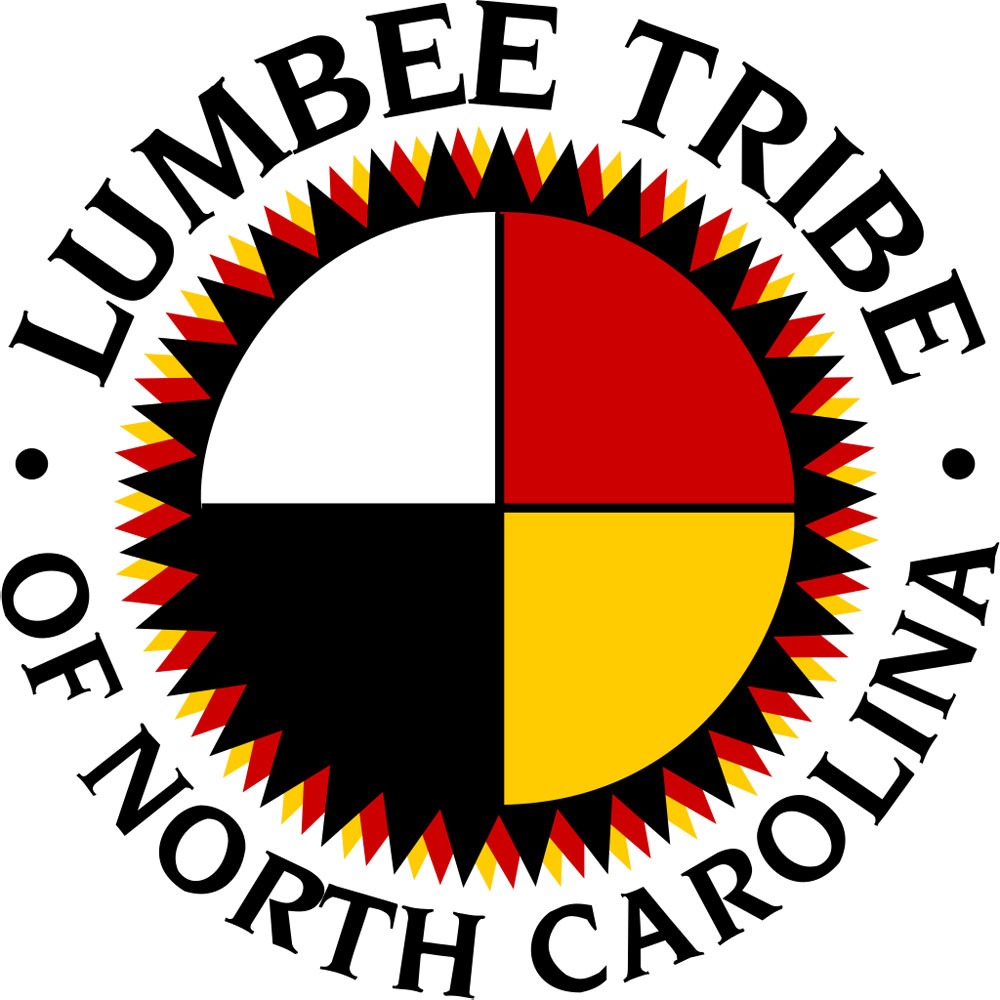
October 15, 2019; Daily Yonder
Federally “recognized” but denied the sovereign status that 573 other tribal nations have, the 55,000-strong Lumbee Indians—the largest tribe east of the Mississippi—reside in the margins of US definitions of race, culture, and sovereignty. They lack access to the federal funds—limited though they are—for housing, schools, and health granted to the nation’s 573 federally recognized tribal nations, leaving the Lumbee with a kind of second-class status.
How did this happen, what does it mean for the Lumbee people, and what does it add to our understanding of the Native American narrative?
The Lumbee are the descendants of a mix of Siouan-, Algonquian-, and Iroquoian-speaking peoples who, in the 1700s, settled in the swamps along the Lumber River in southeastern North Carolina, intermarrying with whites and with blacks, both free and enslaved. Today, many live in Robeson County—North Carolina’s poorest, with more than 70 percent of children living below the poverty line and with unemployment 40 percent higher than the state’s average. Robeson is also the most racially diverse rural US county, with Native Americans comprising 39 percent of the population, followed by whites (28 percent), blacks (24 percent) and Latinxs (9 percent).
Though the Lumbee have been recognized by the State of North Carolina since 1885, the federal government never followed suit, despite the tribe’s many efforts over the next 130 years to satisfy the US Department of the Interior’s intricate requirements for federal recognition. A nearly lethal blow to sovereignty came in 1956 when Congress passed the Lumbee Act, which acknowledged the indigenous people of Robeson County as American Indians, called them by the name they had selected themselves but—and this “but” would have tremendous repercussions for decades to come—prohibited the Lumbee from receiving any benefits or services offered to other tribal nations. With this clause, Congress granted the Lumbee recognition and, at the same time, devalued that recognition.
Why did the US government deny the Lumbee sovereign status? One reason was budgetary: no sovereignty meant no financial commitment from the US Department of the Interior (DOI). Second, this was the era of Indian termination policy, a decades-long effort to assimilate Native peoples who survived genocide, part of the long, disturbing history of US colonialism.
A process for delineating how a tribe could seek federal recognition was finally articulated in 1978: judicially (through a federal court decision), congressionally (through a law), or administratively (through a process administered by the US Department of the Interior). The process is laborious and often impossible for tribes impacted by colonialism, Christianization, and assimilation processes.
Jim Crow laws also played a critical role for tribes in states like Virginia, where a 1924 “Racial Integrity Act” required that every child born in the state be classified as either “white” or “colored” (defined as having “one drop” of non-white blood), thus grouping people of Native American and African descent together. Though repealed in the 1960s, this law ensures that American Indians in Virginia trying to document their ancestry face a 40-year gap in records. For their part, the Lumbee have a complex racial history, and according to Mark Miller, a history professor at Southern Utah University, many view the Lumbee as a “mixed race, mainly African group.”
Sign up for our free newsletters
Subscribe to NPQ's newsletters to have our top stories delivered directly to your inbox.
By signing up, you agree to our privacy policy and terms of use, and to receive messages from NPQ and our partners.
In 1987, the Lumbee prepared a lengthy petition to the DOI but were formally rejected two years later. They have unsuccessfully submitted nearly 30 bills to Congress for full recognition since then, with the closest attempt coming in 2010. The US Congressional Budget Office estimated that it would cost $786 million over a four-year period to extend federal benefits to the Lumbee.
But the cost of not having legal tribal identity exerts more than an economic toll on native people. The Lumbee lack a clear label with which they can identify themselves to outsiders; the constant burden of explaining one’s identity can take a psychological toll. Says Heather McMillan Nakai, a staff attorney for the National Indian Gaming Commission, “It’s like a cloud hanging over us that most people aren’t even aware of. Right now, I’m still arguing about whether I exist or not.”
A year ago, Edgar Villanueva, author of Decolonizing Wealth and chair of the board of Native Americans in Philanthropy, who is Lumbee, also addressed this situation in a letter to the Washington Post:
Growing up as a Lumbee Indian in North Carolina inherently involves an identity crisis: Native Americans are the sole race or ethnicity that is acknowledged only if the government says we exist. We exist, yet we still have to prove it. Alcoholism, substance abuse, and suicide are linked to this fundamental questioning of our identity. We are in the “Other” box. To try to feel safe inside that box and then be told to prove your right to be in that box is deeply demoralizing.
Some Lumbee scholars believe that their struggle for recognition has clear implications for the nation’s understanding of our history and the need to rationalize slavery, segregation, and the elimination of Native Americans. Malinda Maynor Lowery, a Lumbee historian, argues, “Lumbee history provides a way to honor and complicate American history by focusing not just on the dispossession and injustice visited upon Native people but also on how and why Native survival matters.”
Lumbees have consistently faced, and often aggressively challenged, the categories Americans use to describe people by race, tribe, or recognition status…Historically, being Lumbee has been more complicated than identifying with a racial group. Lumbee concepts of family and place are beyond race, though the national dialogue about what race and freedom means has had a profound effect on us.
—Debby Warren












